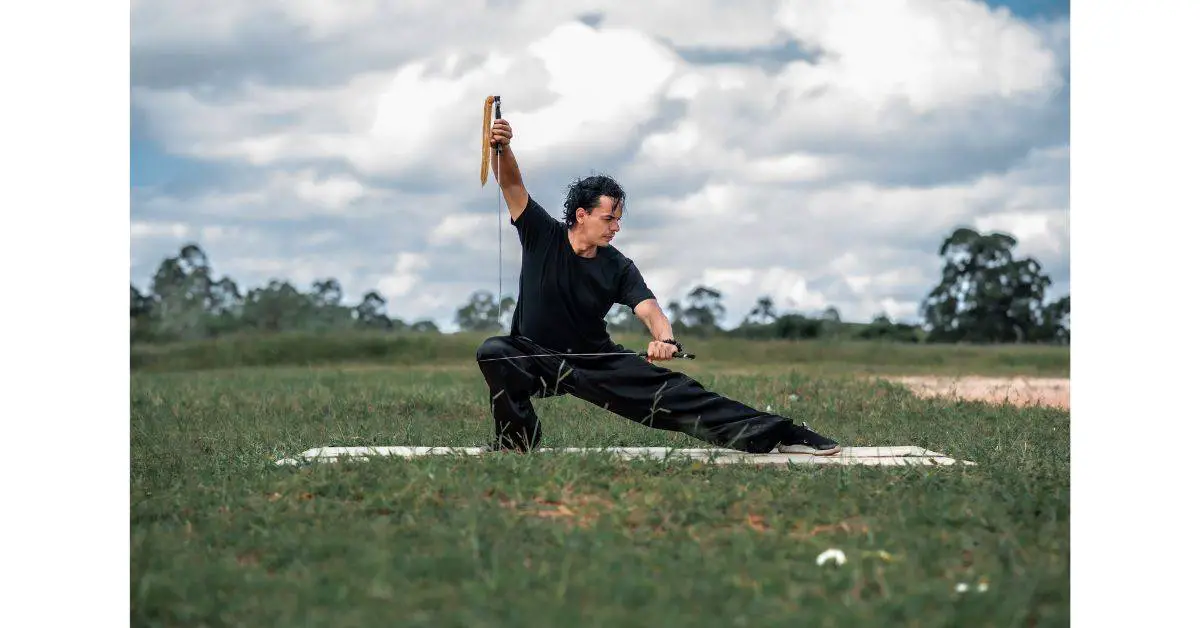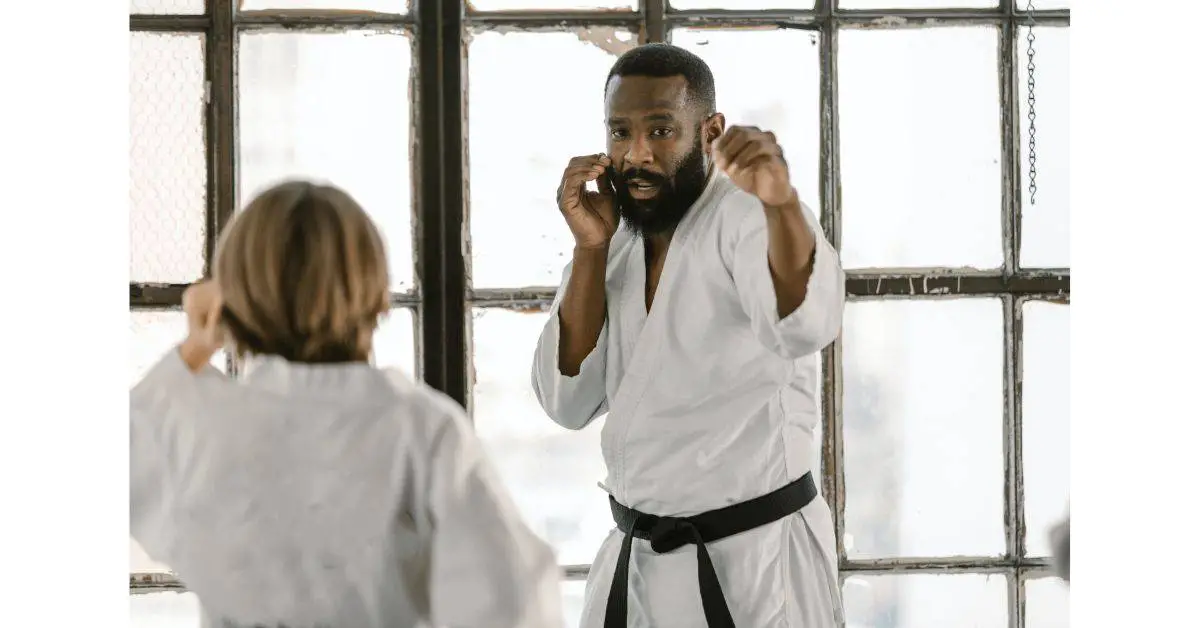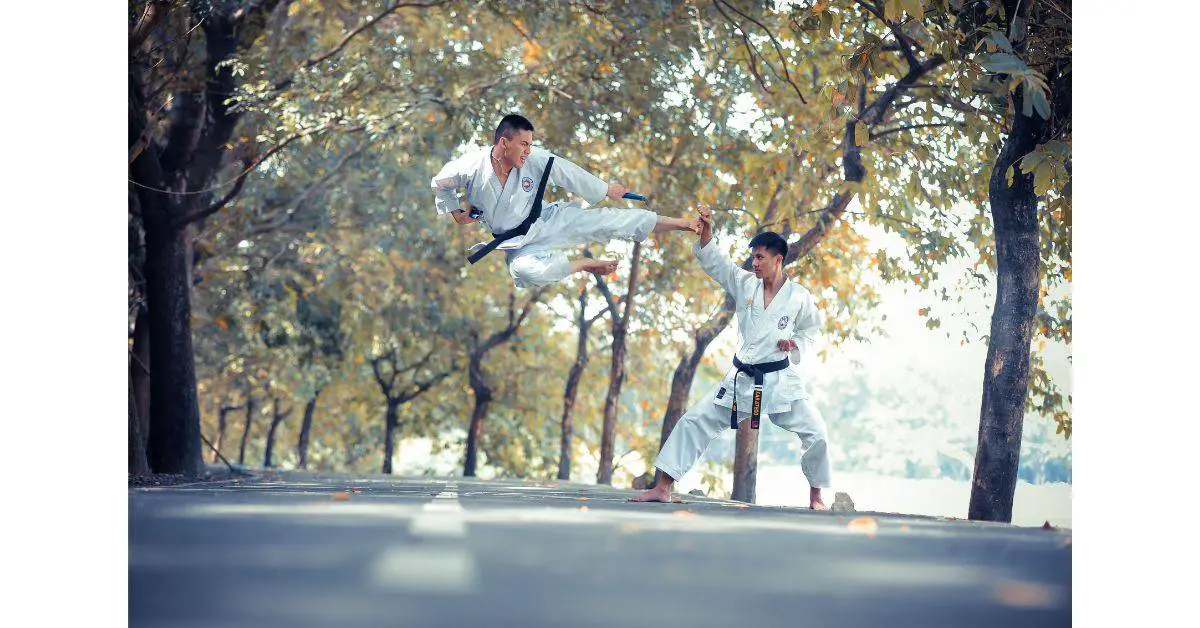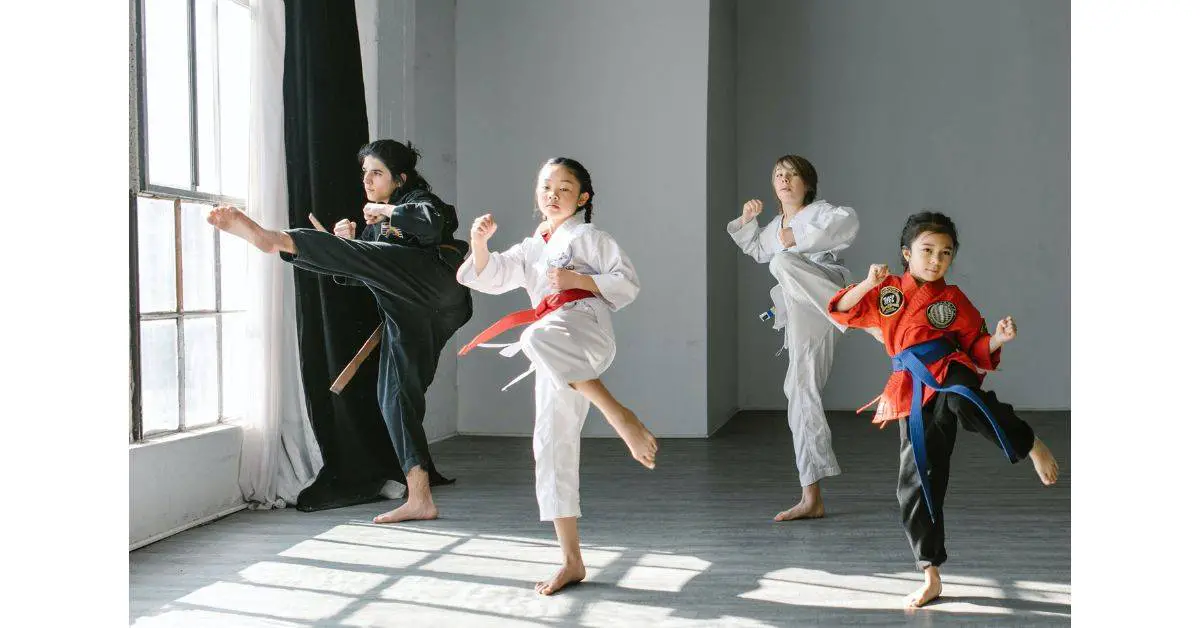In the last couple of years, karate became a worldwide sport. More people than ever before begin enrolling into fighting classes. So, naturally, they become curious as to the small pieces of information that construct the art. For example, what are karate students called?
Karate students are called Karateka. However, most dojos these days, especially in the US, don’t use this term often. Instead, they refer to each other with Mr. or Mrs., to form respect. And still, the dojos that do respect the traditional aspect of the art—will sometimes refer to the students in the original name, Karateka.
Although that’s the case, let’s dive into why this is the case. I mean, Karateka is a rather unusual name which might have plenty of loose ends. Therefore, this article will discuss and examine the origin of the students’ name in karate.
Moreover, we’ll look at the history of karate and figure why the names they use are what they are. For example, why is a karate master called Sensei, and other examples.
Before diving in, I encourage you to read an article I wrote about Karate’s belt order. If you have the slightest interest in doing it, knowing this information—is a must.
Why are karate students called Karateka?
The history of karate is broad and filled with numerous plots. As a result, understanding each detail and its process—is impossible. So, I did some research about why karate students are called Karateka; here’s what I found:
In Japanese, Karateka means Karate practitioner. As a result, that’s the term the people of Okinawa used to address the students. While the senseis, or the masters, have rich knowledge regarding the art of karate, the Karatekas don’t. As such, these names differentiate between the two groups.

But again, most people don’t bother using these terms in today’s world. Those who do—are frowned upon. That said, some dojos in the Okinawa region, where people take martial arts more traditionally than in western countries, do use these names for the two groups.
Karate is all about honor. So, whenever a master teaches you something new, you must be appreciative. If you don’t, you won’t allow yourself to be open-minded, the main cause of not progressing in martial arts.
If you want to honor your teacher, call him sensei. Additionally, if your instructor wants to call you Karateka, do allow him to do that.
Before moving on, I highly recommend buying a high-quality karate Gi. If you do, your training will be much more enjoyable, and you’ll eventually progress faster. So, I wrote an article on the best Gi for your money. Follow the link to read it!
Why are karate teachers called Sensei?
In karate dojos, two groups exist: teachers and students. Of course, both groups must remain open-minded, so they can keep on improving. Yet, there’s one major difference: depth of knowledge regarding the martial art.
So, why are karate teachers called sensei?
Karate teachers are called sensei because in Japanese, it means elder, or teacher. As a result, the people of Okinawa, who constructed this fighting style, have learned to use it while they train. Their primary purpose was to honor the teachers by calling them by what they are, karate masters.

As you can see, the history of karate—is rich with plots and twists. That said, most dojos don’t follow the traditional routine by calling their students and teaches by their Japanese names. Instead, they embrace honoring the people who train, both the students and instructors, by calling them by their real names.
When someone refers to you as a sensei, you should be honored. Such a name is only granted for those with a truly deep knowledge pool. On the other hand, don’t be offended when someone calls you Karateka, as it’s a sign of beginning and not an insult.
A brief overview of the history of karate
All martial arts serve a purpose. They all bring a unique value to their trainees. Hence, teach them something new or grant them the platform to better themselves. Karate is no different. In fact, it provides its trainees with many physical and mental benefits; if you want to know the full benefits list, follow the link to an article of mine.
Karate-do is actually three separate words; Karate, Te, and Do. In Japanese, these three words form empty, hand, and way. Essentially, karate is the art of fighting without any weapons, hence, empty hand.
Now, for the “way” part, people interpret that in various ways. However, this is the most common one.
Because karate isn’t merely a way of fighting, but also a way of life, the way—represents the fact that it’s a platform for people to better themselves. Of course, its main purpose is to teach others to fight, which I’ll explain in the previous paragraph.

Times were times of war. It was around the year 1500 when the island of Okinawa was under attack. Its residents wanted to study self-defense without using weapons. Therefore, they constructed a new martial art, called Karate-do.
Because of that, its initial purpose was to teach others self-defense. Of course, to this day, people study it to figure out how to use their body to cause damage to their opponents.
Lastly, until 1879, karate-do was only taught to high-class families. However, in the same year, Okinawa became a part of Japan. Then, this magnificent martial art was released to the public and everyone could learn it.
And that is, in short, the history of karate.
Final words
Karate, and all other martial arts, have positively impacted millions of lives. They provide a platform for many to better themselves consistently. That’s why you see so many martial artists dedicate their entire lives to martial arts; they’re bigger than what they seem to be.
While karate’s initial purpose is to teach people how to fight empty-handed, today, it became a worldwide sport. As a result, more and more people begin their learning journey, which brings honor to the martial arts community.
If you desire to start training and be called Karateka, don’t hesitate to begin as soon as possible. In fact, the sooner, the better.
Progressing faster—is difficult. If you’re one of these individuals who want to boost your progression rate, hold up. I wrote an article about tips to progress faster in karate, and I highly recommend following the link to read it!

